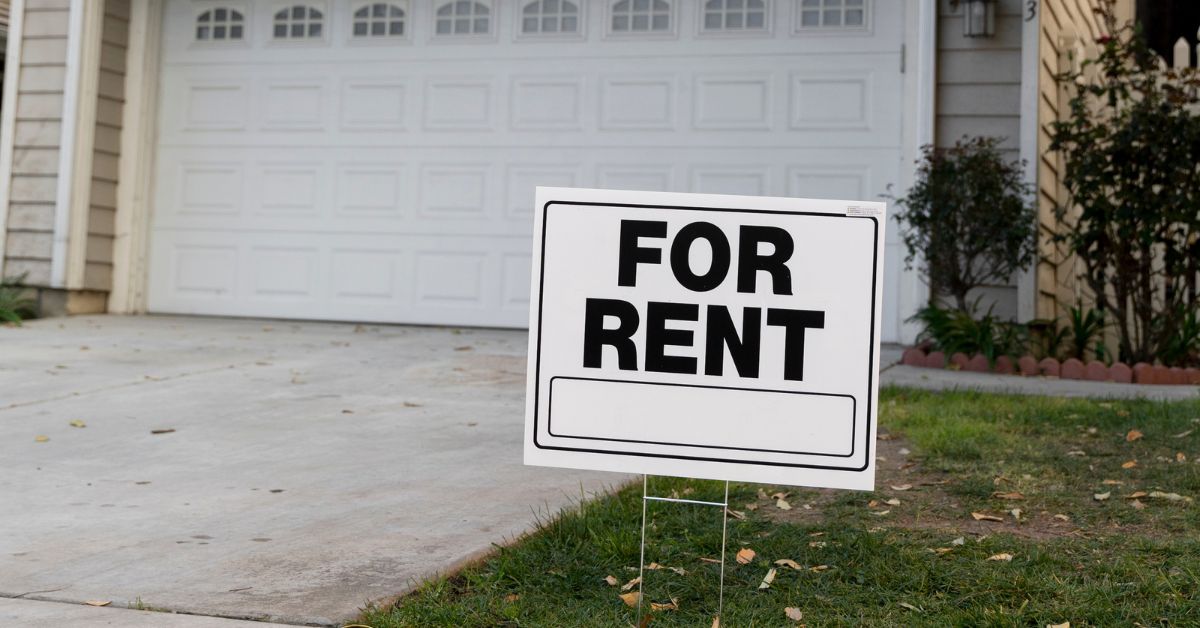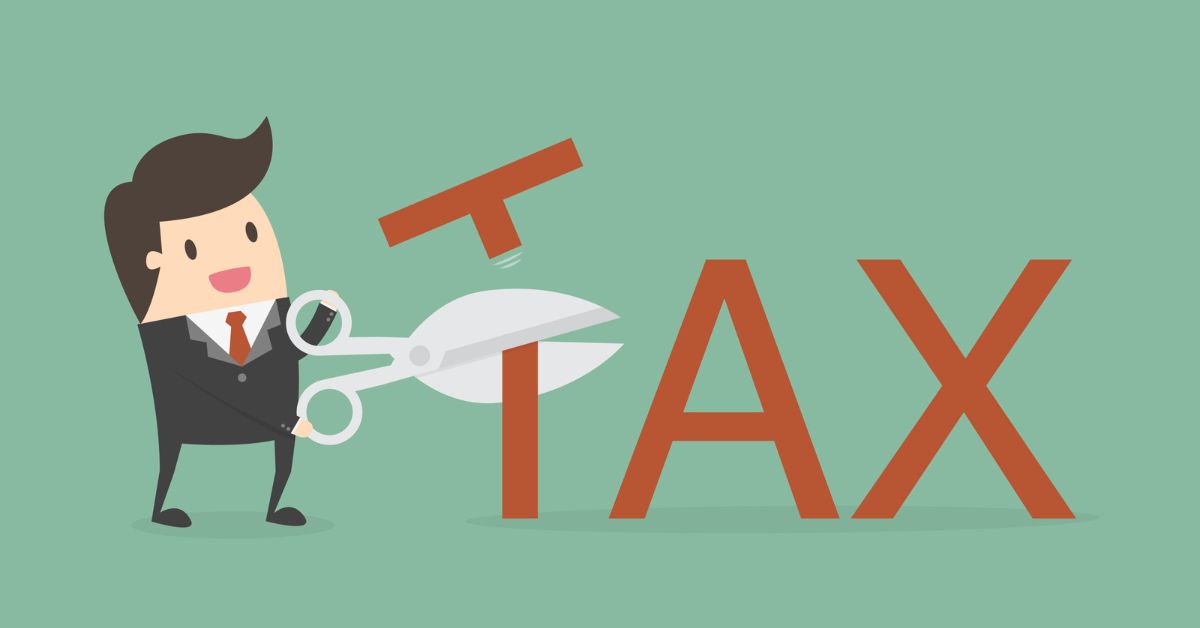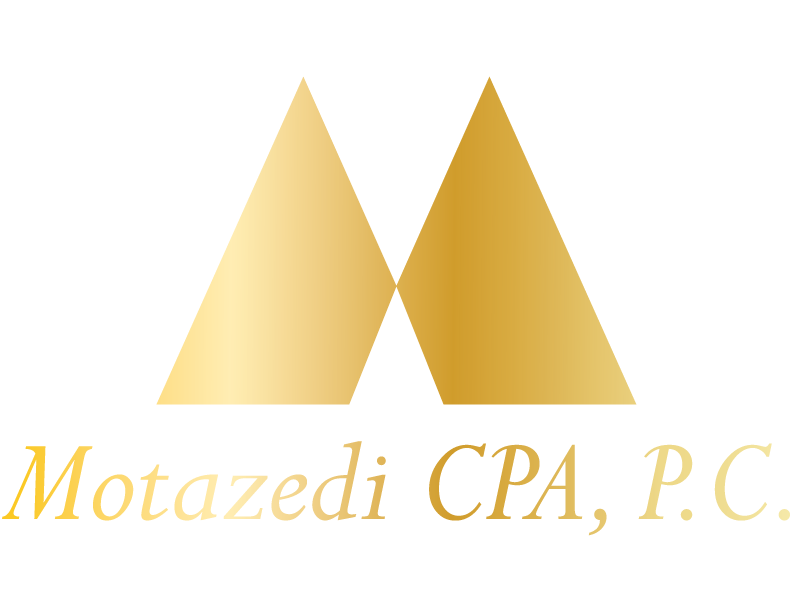The time of year, when taxes are due, is always stressful. It makes sense to look for as many different deductions as you can to lower your taxes. However, what if you belong to a homeowners association? Many homeowners try to claim any deductions they can during tax season. But are HOA fees tax deductible?
The answer to this question is a bit more complicated. In some cases, it is deductible. But for some scenarios, it is not. We will learn more about them in the blog.
What Do HOA Fees Mean?
The full form of HOA is Homeowner Association. HOA fees are what you pay to stay a member of the homeowners association (HOA) in your gated community, planned development, or neighborhood. The cost may be paid every month or every three months.
Condo fees tax deductible is almost the same thing as HOA. The only difference is you have to pay COA (Condominium Association) when you owe a condominium or condo.
These fees are used to support amenities like the swimming pool, park, or clubhouse. It also supports services like landscaping, snow removal, trash pickup, and general upkeep of the community. Some fees may go into a reserve fund that will be used to pay for bigger costs in the future. Such as – an upgrade or a growth of the community. The maintenance costs and property values that determine the HOA fees are different for each property.
HHOA fee tax deduction is a complicated thing. If you are living in your own house, then you can not deduct your HOA fees from your taxes. But if you are using your house for other purposes, then you may be able to deduct the fees.
When Your Hoa Fees Are Not Tax Deductible?
If you buy a home as your main place of living and have to pay HOA fees, you can’t deduct those fees from your taxes. Just like homeowners who don’t live under an HOA can’t deduct the cost of their utilities, repairs, or maintaining them. There are a few exemptions though.
Homeowners associations are legal groups that take care of the common places in neighborhoods and buildings. It’s natural for you to wonder if HOA fees can be deducted from your taxes. After all, it’s something you have to pay for regularly, and if your HOA fees are high, that amount can really add up over the course of a year.
When Are HOA Fees Tax Deductible?
In some situations, HOA fees can be deducted from your tax. If you own an investment property or manage a business, you could be allowed to deduct these. You have to know the details to emphasize this hoa tax deductible. Let’s focus on each scenario where homeowner association fees are deductible:
1. If You Use Your Home For a Business
Your HOA dues may qualify as a business expense if you operate a sole proprietorship, have a home office, or keep inventory or product samples in a portion of your residence. How much of your house you utilize for business purposes may determine how much you can deduct. You could be allowed to deduct 15% of your HOA dues, for instance, if your home office occupies 15% of your property.

2. If You Use Your Home As a Rental Property
If you own a rental home that you don’t use as your primary residence, the situation is quite different. You are allowed to write off all of your operating costs for an investment property, including HOA Fees Tax Deductible. Rental property hoa fees tax deductible can save you a lot of money.
One of the main benefits of investing in rental properties is that you can reduce your annual tax burden and boost profitability.
All of your HOA dues are tax deductible if you never live in any portion of your rental property. If you only rent a portion of your property, such as a bedroom or a basement apartment, you can also deduct some of your HOA costs from your taxes. For example, if you rent out your basement and the basement makes up 25% of the whole property, you can write off 25% of your HOA fees.

3. If You Use Your Home as a Vacation or Part-Time Home
Some people only use their houses when they go on vacation. This means they don’t live there for most of the year. Instead, they rent it out during the months they don’t use it. When it comes to HOA tax deductions, this kind of setup is different.
If you fall into this group, the IRS will only let you deduct your HOA fees from your taxes during the months when your home is being used as a rental property. For example, if you only live in the home 10% of the year, you can deduct 90% of your HOA fees.

HOA Special Assessments
Are HOA special assessment tax deductible? An HOA special assessment is handled by the HOA. It’s a set amount of money that every property owner in a neighborhood run by an HOA has to pay for important repairs or upgrades. Most of the time, these assessments are one-time fees that pay for fixes, changes, or capital improvement projects that need to be done.
You can not deduct special assessments on taxes. If you rent out the property, you might be able to deduct it if the assessment is used for repairs and upkeep. But if it is used to make modifications you can’t get an exemption from taxes.
How to Find Out if a House Has HOA Fees
HOA fees are popular in condos and townhouses, but they can also apply to single-family homes in neighborhoods. A real estate agent can help you find out if the house you’re interested in has an HOA fee mentioned.
Before you buy a home, it’s important to know what monthly or yearly fees you’ll have to pay. HOA fees can go up over time and may not cover all of your unit’s fixed costs. Make sure that you and your realtor look into any HOA agreement and understand its rules.

Frequently Asked Questions (FAQ)
Can you deduct HOA fees for the home office?
Yes, if you use your home as an office, you can deduct HOA fees from your taxes.
Are HOA fees tax deductible on an investment property?
Yes, HOA fees are typically tax-deductible on an investment property as rental expenses.
Is HOA tax deductible for a rental property?
Yes, HOA fees are tax-deductible for a rental property as a business expense.
Conclusion
So, are HOA fees tax deductible? Can you write off HOA on taxes?
Homeowners Association (HOA) dues for private houses are often not tax deductible. They are typically deductible as a business expense if you own a rental property and pay them as part of your rental costs. Furthermore, if you pay HOA dues and have a home office, you could be eligible to deduct a portion of those costs.
Although taxes might be complicated and daunting, it is comforting to know that there are solutions for HOA dues. When looking for detailed information and eligibility requirements, it’s crucial to speak with a tax expert or review the IRS rules. Consult a reputable tax expert or a CPA to make sure you utilize all available credits and deductions.


